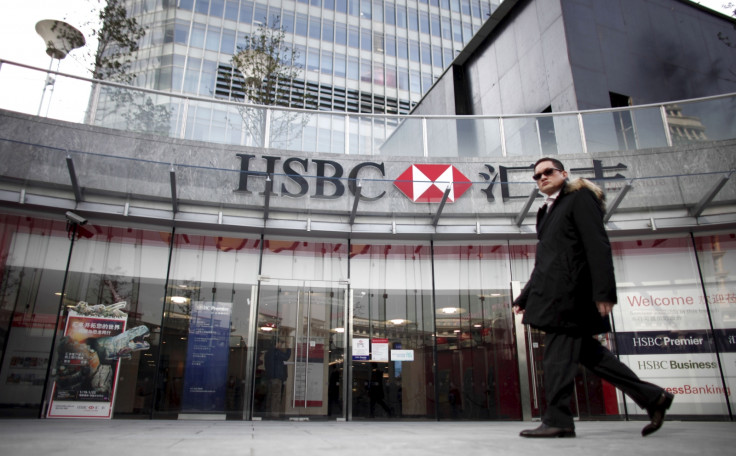HSBC records five-fold increase in profits amid switch to Asian markets
Europe's biggest lender posts 13% increase in Q3 revenue as growth in Asia continues.

HSBC posted a five-fold increase in third quarter profits, reaping the rewards of a major overhaul aimed at shifting its focus to Asia and cutting costs.
In the three months to the end of September, the FTSE 100-listed lender reported pre-tax profits of $4.62bn, sharply up from $843m it booked in the corresponding period last year. Revenue, meanwhile, rose 13% year-on-year to $13bn.
"Our international network continued to deliver strong growth in the third quarter, and our pivot to Asia is driving higher returns and lending growth, particularly in Hong Kong," said outgoing chief executive Stuart Gulliver, who will be replaced by John Flint in February.
Last year, earnings were badly hit by a $1.7bn one-off loss the bank booked after it sold its Brazilian unit, while currency headwinds also dented profits in the third quarter of 2016.
When excluding one-off items, adjusted profits were in fact 1% lower than in the corresponding period a year ago, reflecting higher costs and an increase in bonuses for its bankers.
While the results were broadly in line with expectations, shares were down by approximately 1% in early trading on Monday (30 October).
HSBC has been cutting jobs since 2008 and is nearing the completion of a major restructuring programme it launched in 2015, which was aimed at reducing its size to place better focus on the emerging Asian markets.
While the lender is Europe's largest bank, Asia accounts for over half of its profits and its customer base for retail banking and wealth management in mainland China has grown by over 70% over the last 12 months alone.
Laith Khalaf, senior analyst at Hargreaves Lansdown said that "for better or worse" HSBC's fortunes were largely tied up in the Asian growth story. After taking out the effect of the Brazilian sale, the underlying numbers are not quite as flattering to the progress made by HSBC."
"Profit in the third quarter actually fell backwards slightly, as operating costs rose faster than revenues. The retail and commercial banking arm performed pretty well but have been let down by a weak showing in the investment banking division. However this is against a backdrop of a market-wide downturn in fixed income trading, and actually HSBC has held up better than many of its competitors."






















